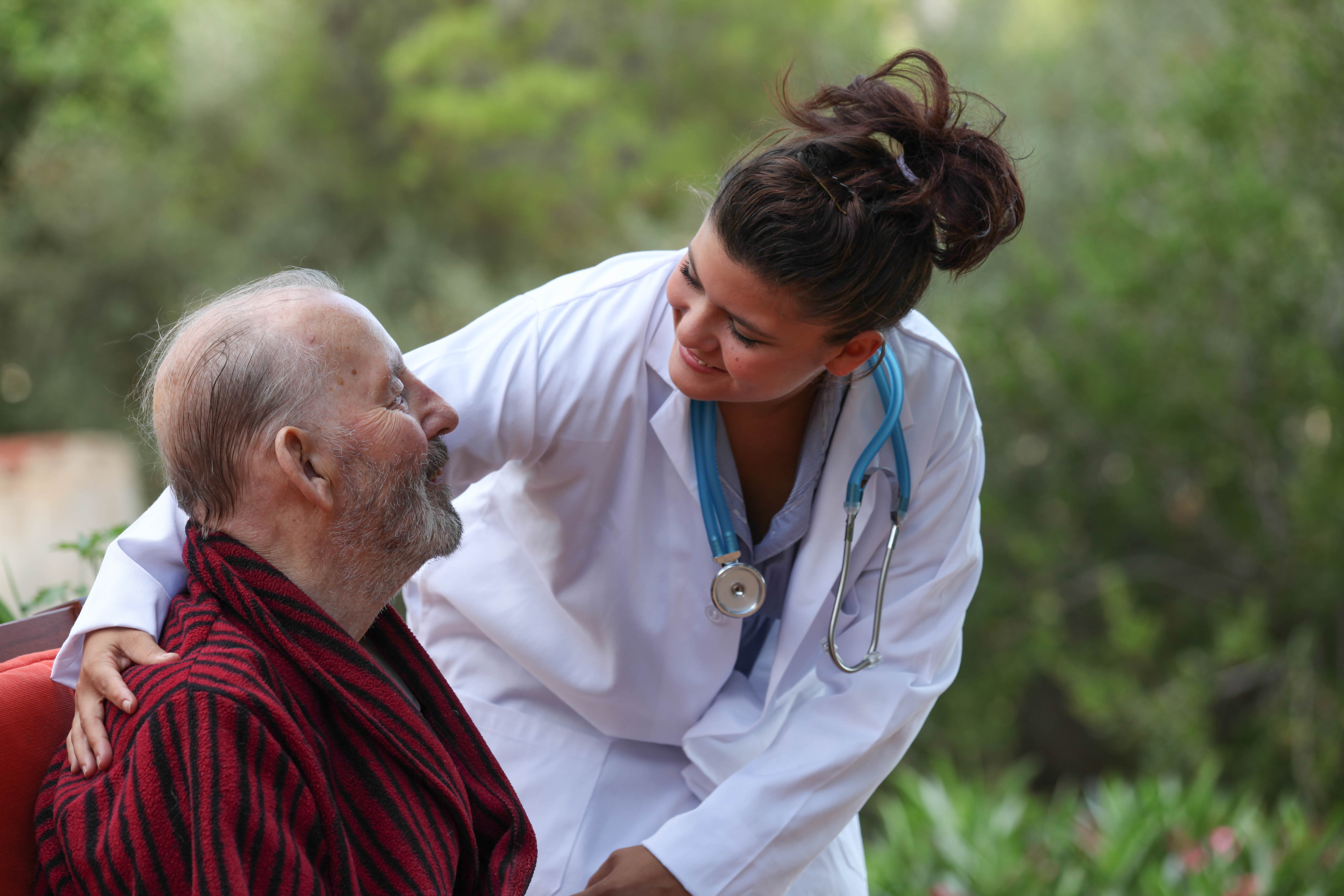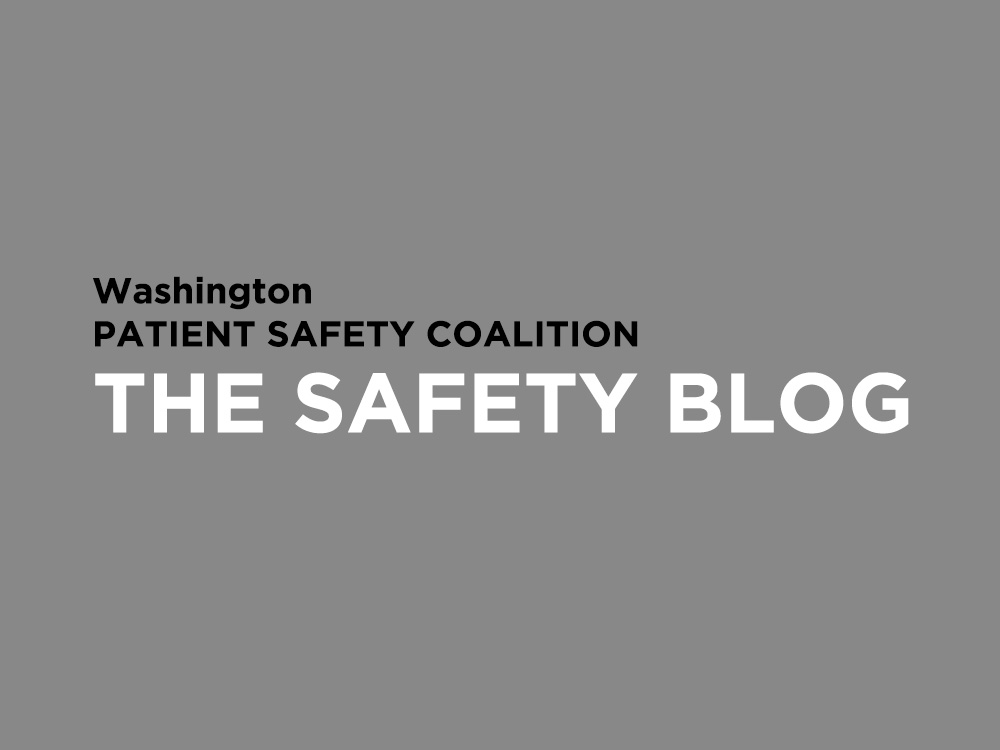Foundation Program Sites
- FHCQ Foundation for Health Care Quality
- COAP Care Outcomes Assessment Program
- Spine COAP Care Outcomes Assessment Program
- SCOAP Care Outcomes Assessment Program
- OBCOAP Care Outcomes Assessment Program
- CBDR
- Smooth Transitions
- WPSC Patient Safety Coalition
- Bree Collaborative Bree Collaborative
- Health Equity Health Equity
- Admin Simp
- Contact Us
The Safety Blog
NAVIGATING PATIENT SAFETY IN THE RURAL HEALTHCARE LANDSCAPE
by David Allison, CPHRM, System Patient Safety Director, PeaceHealth As those who work in them know well, running a rural healthcare facility can pose unique challenges. Transitions of care such as helicopter transfers and pathways to access are of extra importance, with long distances and waterways separating patients from treatment centers. Critical access hospitals,…
CHAMPIONING SAFETY AFTER A SERIOUS ADVERSE EVENT
by Jacqueline Valentine, Director of Patient Safety, Seattle Children’s A behind-the-scenes look at what one hospital has done to turn tragedy into an ambitious opportunity to build a stronger base of safety culture into their organization with the goal of zero preventable harm. About Seattle Children’s Seattle Children’s is an independent children’s hospital founded over 100…
PROMOTING SAFETY & QUALITY IN SKILLED NURSING & ASSISTED LIVING FACILITIES
by Elena Madrid, Director of Regulatory Affairs, Washington Health Care Association How can a state organization help promote patient safety for elderly communities? Elena Madrid shares her experiences from inside the WHCA and the work they do to sustain quality in these indispensable facilities. About the WHCA The Washington Health Care Association (WHCA) is a…
DECREASING INFECTIONS IN HEALTHCARE SETTINGS
by Sharon Eloranta, Medical Director, Quality and Safety Initiatives, Qualis Health At Qualis Health, we are working to decrease healthcare associated infections (HAIs) in hospitals, skilled nursing facilities, and outpatient/ambulatory surgery centers. Healthcare associated infections are relatively rare, but can be devastating to patients and families and costly for the healthcare system and payers. It is…
WSMA – Accelerating Adoption of Choosing Wisely
The Washington State Medical Association Foundation for Health Care Improvement has been hard at work on behalf of patients and physicians this past year. Accelerating the implementation of the Choosing Wisely campaign and launching the Honoring Choices Pacific Northwest advance care planning program were our top priorities.
Medication Safety Champion, CHI Franciscan
This month’s ongoing Medication Safety Champion blog series, features Faylynn Auston and Sue West of Franciscan, St. Joes Medical Center. Q: What have been the biggest advancements in the medication safety work being done at your organization? A: In 2010, CHI Franciscan launched the Medication Reconciliation Technician (MRT) pilot program in the Emergency Department…
Don’t miss the 14th Northwest Patient Safety Conference on May 4, 2016!
Join patient safety leaders from across the region to learn, share, and be inspired. Presentations and discussions will address our theme – Patients and Families, Partners in Safe Care. We are seeking speakers and poster presenters from a variety of care settings and perspectives.
Medication Safety Champions: Marian Dobles and Sandy Chun
The Washington Patient Safety Coalition has been striving to highlight the efforts of those on the front line of medication safety. We have also begun new outreach efforts to students within the medical and public health fields, to engage them around patient safety. In this month’s “Medication Safety Champions” blog, we feature two University of…
Medication Safety Champion: Dalila Troyer
In celebration of National Pharmacist Month, the Washington Patient Safety Coalition is featuring an ongoing series of blogs from clinicians on the front line of medication reconciliation efforts. As October 20th was National Pharmacy Technician day, we are highlighting the roles that pharmacy technicians everywhere are playing in keeping patients safe through increased attention to medication…
Medication Safety Champion: Jennifer Waters
In celebration of National Pharmacist Month, the Washington Patient Safety Coalition is featuring an ongoing series of blogs from clinicians on the front line of medication reconciliation efforts. As October 20th is National Pharmacy Technician day, we are highlighting the roles that pharmacy technicians everywhere are playing in keeping patients safe through increased attention to medication…
Recent Posts
- Advancing Patient Safety with Communication and Resolution Programs
- TakeCharge This Patient Safety Awareness Week: 5 Steps to Safer Healthcare
- Stigma & Bias in Healthcare: The Obstacles, Consequences and Changes Needed
- Agility in Crisis: How The Everett Clinic responded to COVID-19
- Collaboration over Competition: How Pediatric Hospitals Can Thrive When They Work Together
Archives
© 2025 Foundation for Health Care Quality | Privacy Statement | Disclaimer







